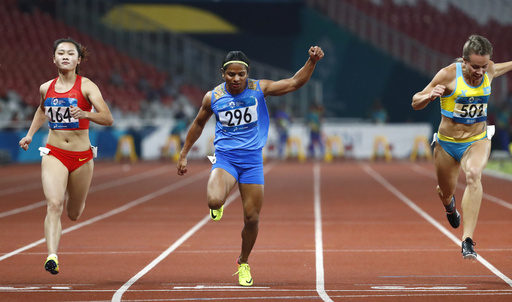Fifteen years ago, an incident involving a teenage athlete from South Africa brought attention to the issue of sex verification in sports. Fast forward to the current Paris Olympics, and female boxers Imane Khelif of Algeria and Lin Yu-ting of Taiwan are facing similar scrutiny and online abuse over their sex. Despite both being assigned female at birth and identifying as women, they have been subjected to hurtful remarks without clear justifications from the boxing federation that banned them.
Imane Khelif expressed in an interview the damaging impact such treatment can have on individuals, emphasizing how it can divide and harm them mentally and emotionally. This situation echoes the challenges faced by renowned runner Caster Semenya, who, despite winning two Olympic gold medals, continues to battle discrimination due to her medical condition that elevates her testosterone levels.
The narrative around Khelif and Lin has been marred by misinformation and false claims, with some asserting that they are not women, echoing the struggles Semenya has endured. The discrimination faced by female athletes of color in sex testing and gender identity disputes highlights broader issues of equality and respect within sports.
Semenya and other athletes with differences of sex development have been at the center of debates regarding testosterone levels and athletic advantages, leading to their exclusion from certain competitions. The lack of consistent regulations for male athletes regarding testosterone levels adds to the complexity of the situation.
The treatment of athletes like Semenya, Khelif, and Lin raises fundamental questions about fairness, discrimination, and respect for individuals regardless of their biological attributes. As these athletes strive for success in their respective sports, they also navigate a world where their identities are often challenged and misunderstood, emphasizing the need for greater awareness, empathy, and inclusivity in sports and beyond.
This website uses cookies so that we can provide you with the best user experience possible. Cookie information is stored in your browser and performs functions such as recognising you when you return to our website and helping our team to understand which sections of the website you find most interesting and useful.
